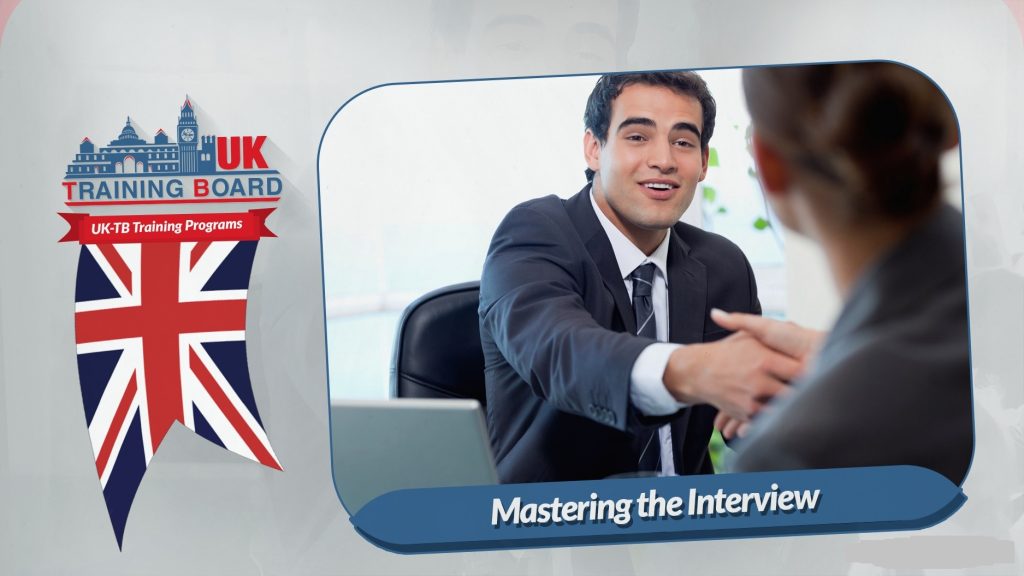In recent years, the landscape of job interviews has undergone a significant transformation, ushering in the era of remote job interviews. Advancements in technology and shifts in work dynamics have led to an increasing prevalence of virtual interviews, whether conducted through video conferencing platforms like Zoom, Skype, or Microsoft Teams, or via traditional phone calls. With this new format comes the need for job seekers to adapt their interview strategies and approaches to effectively showcase their skills and potential to prospective employers.
Mastering the art of remote job interviews goes beyond simply replacing in-person meetings with virtual ones. It requires a nuanced understanding of the unique challenges and opportunities that virtual settings present. In this era of borderless workplaces and global connectivity, job seekers must navigate a virtual landscape where communication, body language, and technology play pivotal roles in determining their success. By honing essential virtual interview skills and adopting best practices, candidates can stand out from the competition and make a lasting impact on employers, all from the comfort of their chosen remote workspace.
Test Your Technology:
Ensure your internet connection, camera, microphone, and any interview platform (e.g., Zoom, Skype, Microsoft Teams) are functioning correctly. Conduct a test call with a friend or family member to check the audio and video quality, as well as your familiarity with the software.
Choose the Right Location:
Find a quiet, well-lit space with a clutter-free background for your interview. Let your family or roommates know about the interview schedule to minimize interruptions. A neutral backdrop or a plain wall is preferable to avoid distractions.
Dress Professionally:
Treat a virtual interview with the same level of professionalism as an in-person one. Dress appropriately for the role and company culture, ensuring your attire is presentable from head to toe. Avoid loud patterns or colors that might distract the interviewer.
Mind Your Body Language:
Just like in face-to-face interviews, body language matters in virtual settings too. Sit up straight, maintain eye contact by looking at the camera (not the screen), and avoid fidgeting. Nodding and smiling can convey engagement and enthusiasm.
Prepare Your Materials:
Have a copy of your resume, cover letter, and any other relevant documents open on your computer screen for quick reference during the interview. Also, keep a notepad and pen nearby to jot down important points or questions.
Research the Company and Role:
Thoroughly research the company, its values, products, and recent achievements. Understand the role you’re applying for and how your skills align with the job requirements. Being knowledgeable will impress the interviewer and show your genuine interest in the position.
Practice Common Interview Questions:
Rehearse answers to common interview questions, especially those specific to remote work, such as how you stay organized, handle communication, and maintain productivity in a remote setting.
Showcase Your Communication Skills:
In a virtual interview, effective communication is crucial. Speak clearly, concisely, and avoid talking over the interviewer. Listen actively to their questions and wait for them to finish speaking before responding.
Highlight Remote Work Experience:
If you have prior experience with remote work or have successfully managed remote projects, highlight these achievements during the interview. Employers value candidates who can adapt to remote environments seamlessly.
Prepare Questions for the Interviewer:
At the end of the interview, when the interviewer asks if you have any questions, be ready with thoughtful inquiries about the company, team dynamics, or the role itself. This demonstrates your curiosity and engagement in the process.
Follow-Up with a Thank-You Note:
After the interview, send a thank-you email to the interviewer, expressing your appreciation for the opportunity. Restate your interest in the position and briefly mention a key point from the interview to reinforce your candidacy.
In conclusion, as remote work continues to reshape the professional landscape, mastering the art of virtual job interviews is no longer an optional skill for job seekers—it’s an essential one. The shift towards remote interviews has presented candidates with both exciting possibilities and unique challenges. By embracing the tips and best practices outlined in this guide, you can confidently navigate virtual interviews and leverage technology to your advantage.
Remember that virtual interviews demand more than just technical competence. Displaying professionalism, excellent communication skills, and the ability to adapt to remote work environments will demonstrate your readiness to thrive in the modern workplace. Showcasing your remote work experience and conducting thorough research into the company and role will further reinforce your commitment to securing the position.
As the boundaries between physical and virtual workplaces blur, the power to excel in remote job interviews lies in your hands. Embrace the digital realm, harness the potential of technology, and approach virtual interviews with the same level of preparation and enthusiasm as you would in-person meetings. By doing so, you’ll be well-equipped to make a powerful and lasting impression on hiring managers, ultimately propelling yourself closer to landing your dream remote job. Wishing you the best of luck as you embark on your job search journey!



